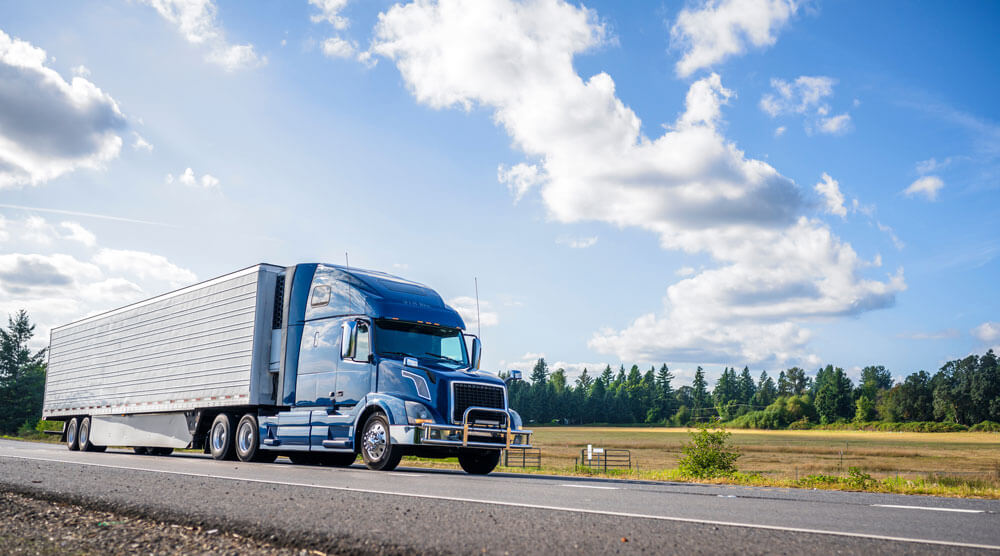The world of being an owner-operator can be a rewarding venture, filled with the promise of independence, financial rewards, and control over your professional destiny. However, it comes with its fair share of challenges. Preparation is vital. To assist, here’s a comprehensive owner-operator startup checklist.
Owner-Operator Startup Checklist: Understanding Your Operating Authority Requirements
1. Create a Solid Business Plan
The very first step for an aspiring owner-operator is to create a comprehensive business plan. This document will serve as a roadmap for your business, outlining your business goals, operational strategies, revenue projections, and cost estimates. Research industry standards and trends and understand your customer base to ensure your plan is rooted in reality.
2. Purchase or Lease Equipment
Whether you plan to buy or lease a truck, take time to analyze both options. Buying can offer you ownership and long-term savings, but it requires significant upfront costs. Leasing can be more flexible and comes with fewer upfront costs, but might cost more in the long run. Factor in considerations like maintenance costs, warranties, and depreciation.
3. Secure Operating Authority
Obtain the necessary operating authority. The exact requirements may vary depending on where you’ll operate, but in most cases, you’ll need an MC number and a DOT number. You’ll also need to comply with safety regulations and may need specific permits based on the type of freight you plan to haul.
4. Set Up IFTA and IRP Accounts
The International Fuel Tax Agreement (IFTA) and International Registration Plan (IRP) are necessary for interstate transport. They coordinate fuel tax payments and registration fees among states and provinces, simplifying the process for operators who travel through multiple jurisdictions. Make sure to set up these accounts.
5. Secure Proper Insurance
Adequate insurance is non-negotiable for an owner-operator. It not only safeguards your business, but it’s a requirement. At a minimum, you’ll need liability insurance to cover injuries or damages to other people and property. You should also consider physical damage insurance for your vehicle, cargo insurance for the freight you’re hauling (e.g. general freight, hazardous materials, etc.), and non-trucking liability insurance for when you’re not under dispatch. Evaluate different insurance providers and choose one that aligns with your needs. The right insurance will shield you from devastating financial losses.
For a truck insurance quote, fill out our form or give us a call today.
6. Establish a Maintenance Plan
A well-maintained truck is essential for safety and business continuity. Regular maintenance can prevent costly breakdowns and extend the life of your truck. Whether you do it yourself or hire professionals, ensure a preventive maintenance plan is in place.
7. Develop a Client Acquisition Strategy
Finally, having a robust client acquisition strategy will ensure steady revenue for your business. Networking, online marketing, and joining load boards are common strategies for finding clients.
For tips on obtaining box truck contracts, read our most recent blog.
Bottom Line
Starting your own business as an owner-operator is an exciting endeavor. With adequate planning and preparation, and by following the steps in this checklist, you’ll set yourself up for success. Always remember that proper insurance coverage is paramount to protect your venture from unforeseen risks. The road to becoming an owner-operator may seem long, but with patience and persistence, it can be a journey filled with growth and accomplishment.


